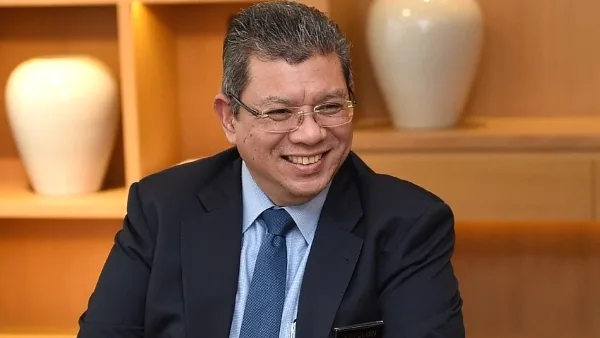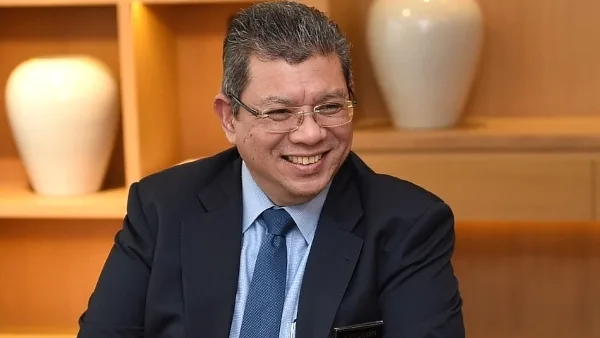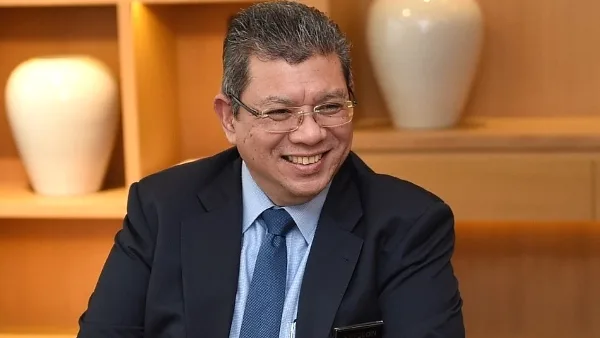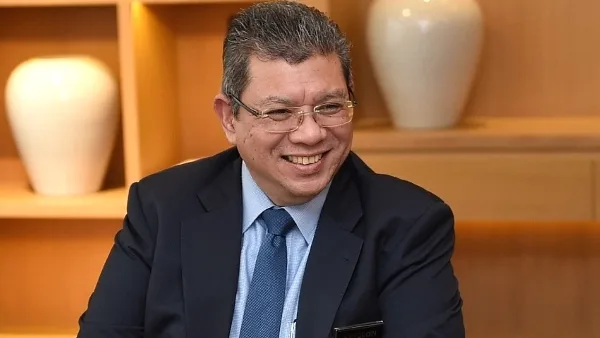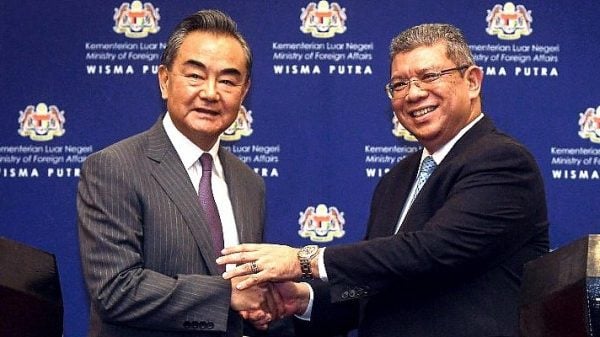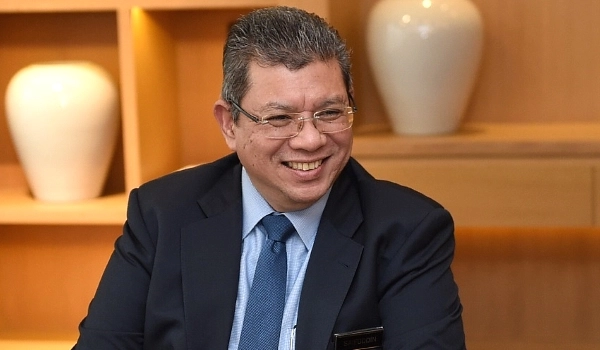
Exposure to youth political participation should start at an early age. The question is, does this happen? If it does, how effective is it?
The importance of schools in conducting education on political participation is nothing new. It is widely discussed in developed democracies.
In Malaysia, it is not discussed widely. It may also be ignored. But this does not mean that the elements of political participation do not exist at all.
Rather, the term ‘political participation’ is not used. It exists through several subjects that do not emphasizes in participation. For example, Civics, History, and General Studies as well as associational activities.
The issue is that its effectiveness is not evaluated properly and often raises question marks.
From the currently existing subjects, the goal is to instill a spirit of love and loyalty to the King and country, belief in certain values, systems of government, democratic institutions, laws, and certain ways of life, and the need to defend and improve them.
It also teaches students to be good citizens, neighbors, employees, business people, and family members.
However, there are no or fewer elements that lead to an understanding of the meaning and concept of full and active participation in political and democratic affairs.
What is taught is ‘passive democracy’ which is narrow, unimaginative, elitist, and far from the ordinary life of the people.
In universities, there are more specific fields of study, courses, and subjects, for example, political science and certain courses/subjects in the departments of history, social science and so on.
However, it is only taken by some students and does not necessarily lead to active participation.
Meanwhile, outside schools and universities, there are various courses, seminars, forums, and talks that directly and indirectly emphasizes in participation.
For youths, what is needed is education, training, and exposure to political participation in a democratic system. That is, participation done with the awareness and responsibility to choose the government and in turn influence the way the government works, that is to ensure the upholding of responsible democracy.
In furtherance, we need to address important issues in education, training, and exposure to youth political participation.
What is the best method to ensure that youths participate fully; thru planning, implementation, evaluation, and improvement? What about youths who do not go to schools or universities and/or are not involved in youth political participation activities?
Most importantly, how to ensure that youth political participation will end with them playing their role to the fullest in a democratic system?
(Datuk Seri Saifuddin Abdullah is the Minister of Foreign Affairs and Member of Parliament for Indera Mahkota.)
ADVERTISEMENT
ADVERTISEMENT






